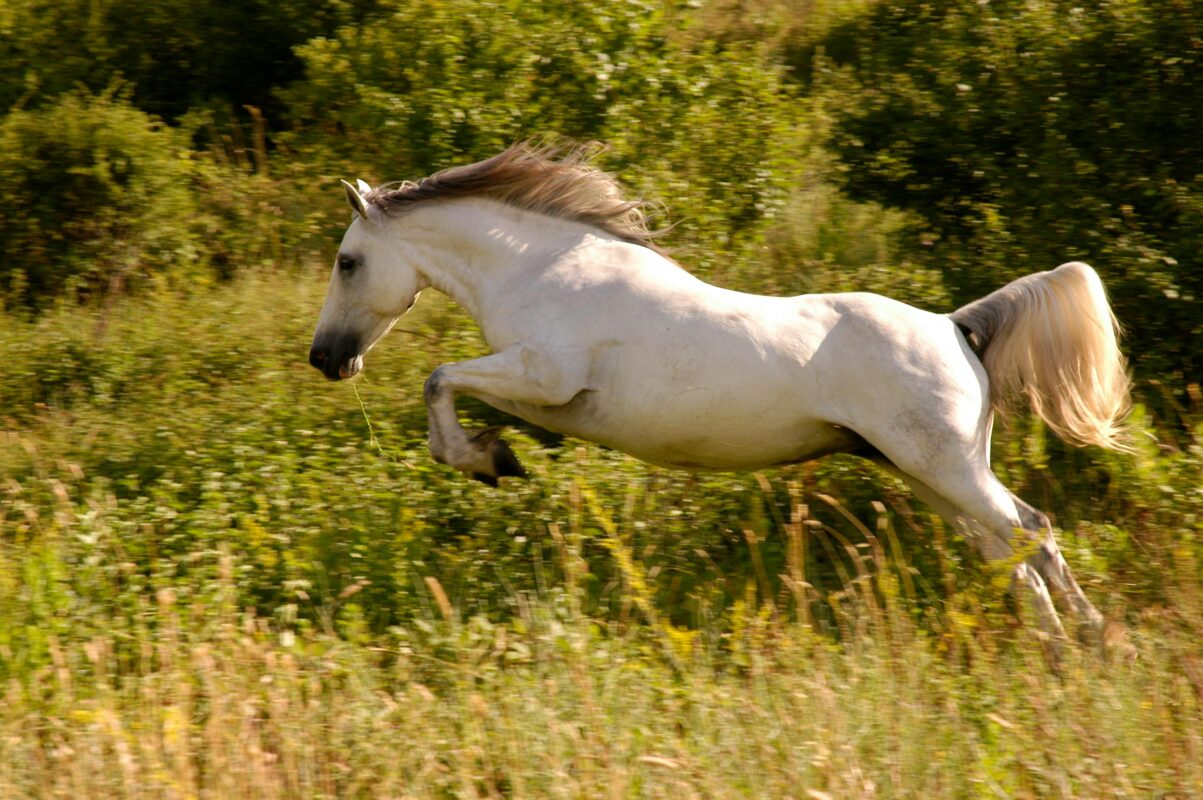From Pasture to Paddock: Navigating the World of Equine Nutrition
In the world of horse care, few things are as important as good nutrition. From large barns to a small-scale establishment, ensuring horses are fed properly is vital to their overall health, performance, and well-being This article will delve into the complex area of horse nutrition, glass changes from pasture to pasture, and has provided insight into optimizing the diet for these magnificent animals.
Transition: Dining room to dining room
For centuries, horses have roamed over green pastures, grazing on grasses and plants. This natural environment provides a balanced diet rich in essential nutrients, vitamins, and minerals. However, with the advent of modern horse breeding practices, many horses now spend a significant portion of their time in stables or stables.
This transition from pasture to farming poses many challenges in terms of food security. Limited grazing opportunities, restricted travel, and reliance on processed feed can lead to an unbalanced and deficient diet in a horse. To address these issues, horse owners must take a holistic approach to horse nutrition.
Understanding horse forage requirements
Before going into specific feeding options, it is important to understand the unique dietary requirements of horses. As vegetarian horses, they have evolved to thrive on a diet of predominantly fibrous plants. Their diet is designed to be much more delicate, such as grass and hay, which provide most of the nutrients
The main nutrients needed for horse health are protein, carbohydrates, fats, vitamins, and minerals. Protein is essential for muscle growth and repair, while carbohydrates are the main source of energy. Fats play a crucial role in maintaining coat condition and supporting metabolic functions, while vitamins and minerals are necessary for overall health and immune function.
Balance the eating regimen: hay, hay, and supplements
The sample furnished masses of pasture for the horses, letting them graze at some point in the day. However, many horses spend a huge part of their time in enclosed regions, with little or no access to new grass In such cases, grass is commonly the supply of dense hay, offering fiber and vitamins that are critical.
Quality is paramount whilst choosing hay for your horse. Look for an easy, dust-loose lawn with terrific stability of grass and berries. Avoid overgrown or soggy hay, as those can pose health risks to your horse. In addition, keep in mind including high-yielding hay or silage, which can be useful for horses with respiration troubles.
Where pasture or hay by itself does now not meet your horse’s nutritional needs, supplementation can be necessary. Professional feeds and supplements based on specific dietary desires, such as protein concentrates or vitamin-mineral blends, can assist fill in the gaps in your horse’s food regimen, but, it’s crucial to talk over with a veterinarian or equine nutritionist will seek advice from before introducing any new dietary supplements to ensure they may be appropriate in your horse’s wishes.
Managing Weight and Digestive Health
Maintaining a wholesome frame weight is important for horses, as weight problems can cause a bunch of health issues, including laminitis and metabolic issues. Conversely, underweight horses may battle to satisfy their strength requirements and might require extra feeding or nutritional modifications.
Regular monitoring of body circumstance score (BCS) is crucial for assessing your horse’s weight and ordinary fitness. Aim for a BCS of five on a scale of 1 to 9, with visible ribs but minimum fat cowl. Adjust feeding regimes as a consequence to gain and hold the ultimate frame situation.
In addition to weight management, retaining digestive fitness is crucial for horses. The equine digestive machine is sensitive and at risk of troubles which include colic and gastric ulcers, especially when subjected to surprising dietary adjustments or prolonged durations without forage. To help digestive characteristics, ensure your horse has entry to easy, sparkling water always, and don’t forget to feed small, frequent meals to imitate natural grazing behavior.
Conclusion:
Navigating the sector of equine nutrition calls for complete expertise of the pony’s nutritional wishes and careful control of feeding practices. From pasture to paddock, making sure a balanced weight loss plan rich in important nutrients is important for selling health, sturdiness, and overall performance in horses. By prioritizing nice forage, suitable supplementation, and vigilant monitoring of weight and digestive fitness, horse owners can offer their equine partners the foundation for a happy and healthy lifestyle.
Additionally, to optimize your horse’s surroundings similarly, recollect investing in a Biodynamizor water purifier and dynamization system to make certain that your equine companion has get entry to to smooth, clean water at all times. This innovative era no longer best filters out impurities but additionally enhances the water’s power, promoting your horse’s average health and well-being. Furthermore, incorporating an air purifier can help get rid of allergens, dust, and other pollution from the air, growing a purifier and healthier residing area for both you and your horse. Lastly, enrolling in animal communication training can deepen the information about your horse’s wishes and behaviors, permitting you to communicate with them greater successfully and address any issues or alternatives they’ll have. By combining those strategies, you can create a truly harmonious and enriching environment that nurtures your horse’s bodily, emotional, and non secular needs.
Get 5% off on the Biodynamizor Water Purification and Dynamization System now!
